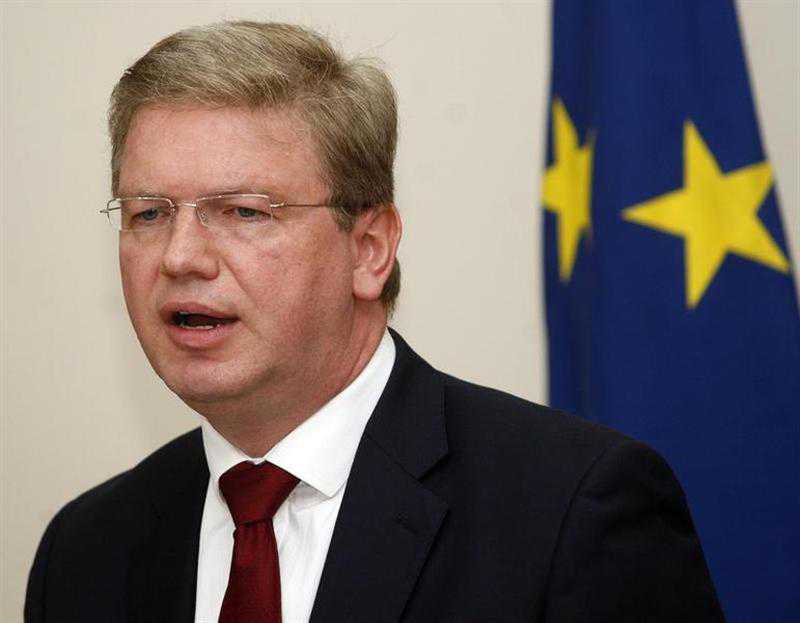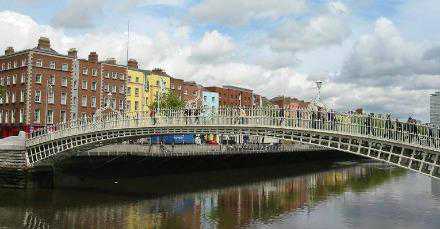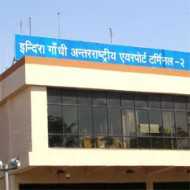More U.S. Support for Syria Rebels Would Hinge on Pledges to Abide by Law
By MARK LANDLER and MICHAEL R. GORDON
Published: April 19, 2013
- GOOGLE+
- SAVE
- SHARE
- SINGLE PAGE
- REPRINTS
WASHINGTON — President Obama has agreed to additional nonlethal aid for Syria’s rebels, according to a senior administration official, but its delivery will hinge in part on pledges by their political leaders to be inclusive, to protect minorities and to abide by the rule of law.
Multimedia
Video Feature
WATCHING SYRIA’S WAR
A Father Mourns His Children
-
GRAPHIC: Map of the Dispute in Syria
-
GRAPHIC: An Arms Pipeline to the Syrian Rebels
Related
-
Syria Faces New Claim on Chemical Arms (April 19, 2013)
![]()
Connect With Us on Twitter
Follow@nytimesworldfor international breaking news and headlines.
Twitter List: Reporters and Editors
Secretary of State John Kerry planned to meet with opposition leaders in Istanbul on Saturday, as well as with foreign ministers from nations that are supporting them, to discuss both what the United States plans to do to help the rebels and what it expects from them.
“It’s not a quid pro quo, but we want the opposition to do more,” said a senior official, who spoke on the condition of anonymity to discuss the administration’s strategy. “Secretary Kerry will be discussing what steps we want them to take.”
The meeting in Turkey of the so-called Friends of Syria group is taking place against a backdrop of worsening violence in the two-year-old civil war, dire new worries about how to care for millions of displaced Syrians, and further signs of Islamist radicalization in the insurgency as well as intransigence by President Bashar al-Assad. The special Syria envoy of the Arab League and United Nations, Lakhdar Brahimi, told the Security Council on Friday that “the situation is extremely bad” and that he thinks daily about resigning.
The American package, officials said, includes protective military gear like body armor and night-vision goggles, as well as communications equipment — but not weapons. It comes on top of food rations and medicine announced by Mr. Kerry last February. While the State Department will determine the size of the package, an official said it could be double the $60 million in nonlethal aid already committed.
But Mr. Kerry’s expected announcement, officials said, may not come until after the United States secures a commitment from the Syrian opposition and its supporters that any government that replaces Mr. Assad’s would be inclusive, would protect the rights of his Alawite minority and other sects, and would abide by the rule of law.
Speaking to the Senate Foreign Relations Committee on Thursday, Mr. Kerry said his goal was “to get everybody on the same page with respect to what post-Assad might look like — commitment to diversity, pluralism, democracy, inclusivity, protection of minority rights.”
In addition, Mr. Kerry said, the United States wanted the opposition to be “open to the negotiating process to a political settlement” and to “abide by rules with respect to conduct in warfare.”
While the United States and European nations have insisted on democratic principles, American officials have been concerned that some of the opposition’s financial backers in Persian Gulf states have been less particular about the rebel factions they aid.
Among those that Mr. Kerry said he wanted to put “on the same page” are the “Qataris, Saudis, Emirates, Turks,” as well as the Europeans. Nurturing a unified, moderate opposition has been complicated by regional rivalries, with countries pushing their own favorites.
Not everyone in the Obama administration has necessarily been on the same page on policy toward the Syrian resistance. And State Department officials hope that the Istanbul meeting will enable the American side to close ranks as well.
In testimony to the Senate Armed Services Committee on Wednesday, Gen. Martin E. Dempsey, the chairman of the Joint Chiefs of Staff, voiced concern about the growing role of extremists among the anti-Assad fighters in Syria, and said identifying moderate members of the Syrian resistance had become more difficult.
“It’s actually more confusing on the opposition side today than it was six months ago,” General Dempsey said.
During his Senate testimony on Thursday, Mr. Kerry, when asked about General Dempsey’s comments, said one purpose of the Istanbul meeting was to identify and reinforce the moderate opposition.
1 2 NEXT PAGE »
Reporting was contributed by Alan Cowell from London; Hwaida Saad and Anne Barnard from Beirut, Lebanon; and Rick Gladstone from New York.






